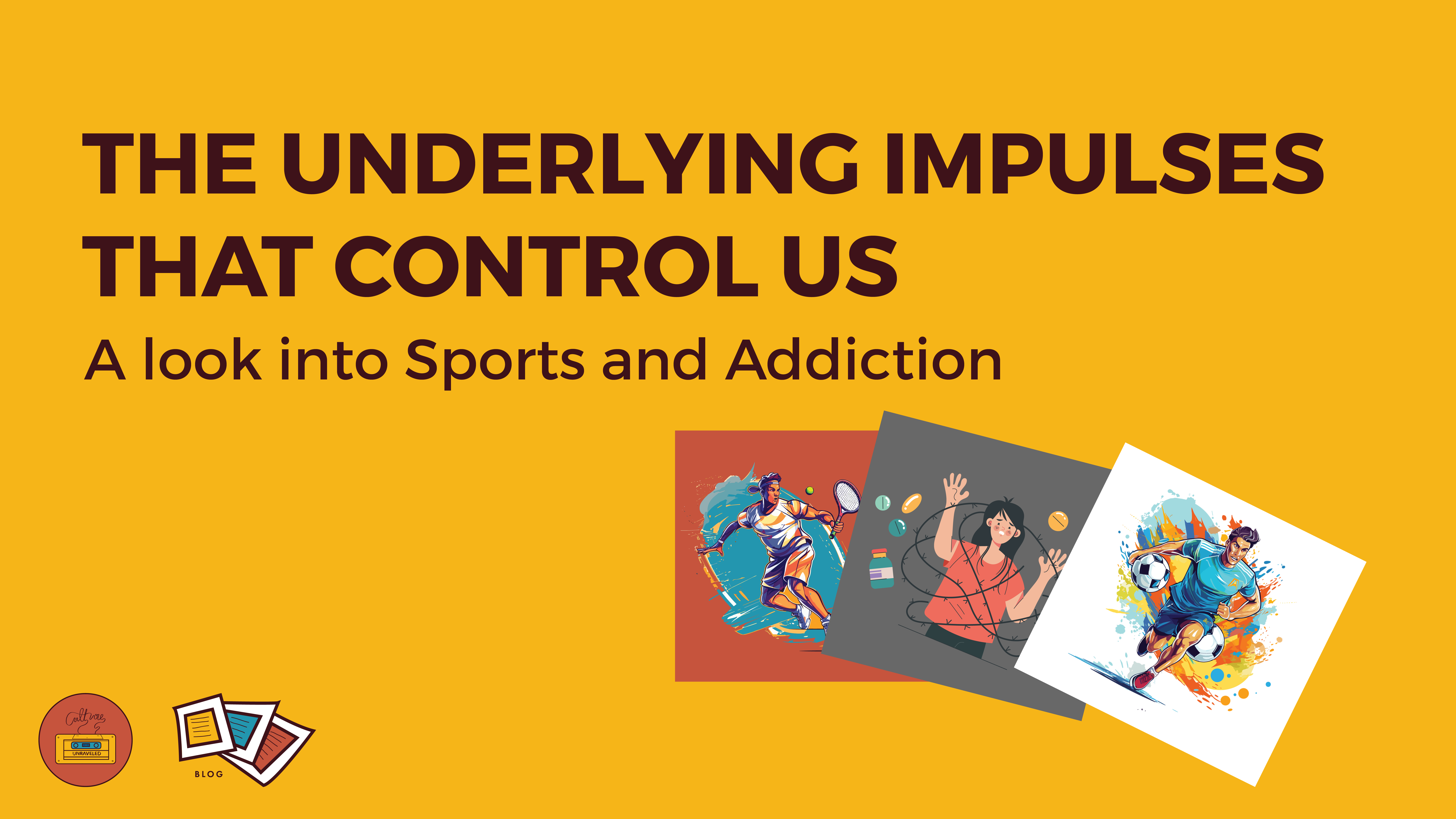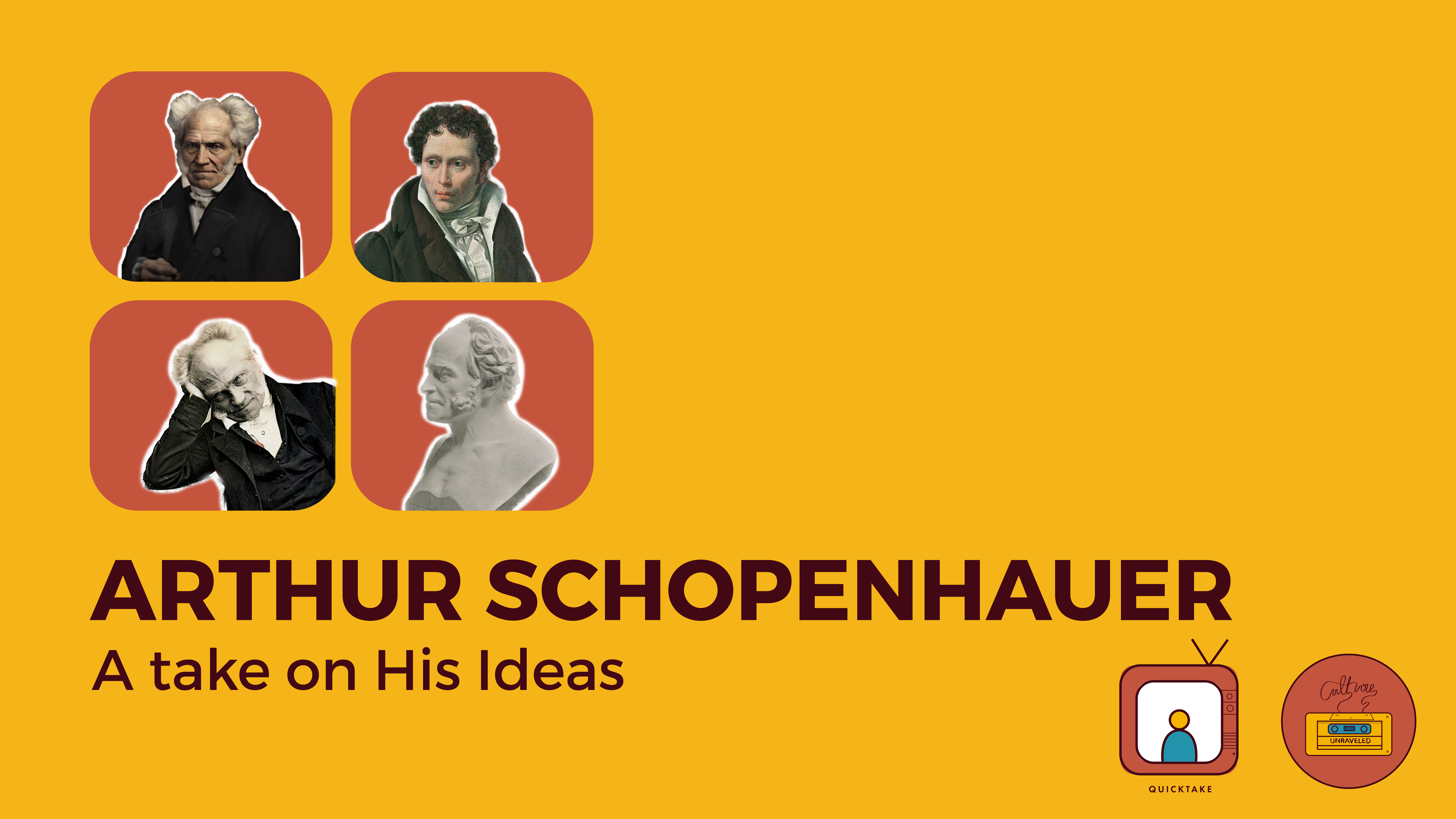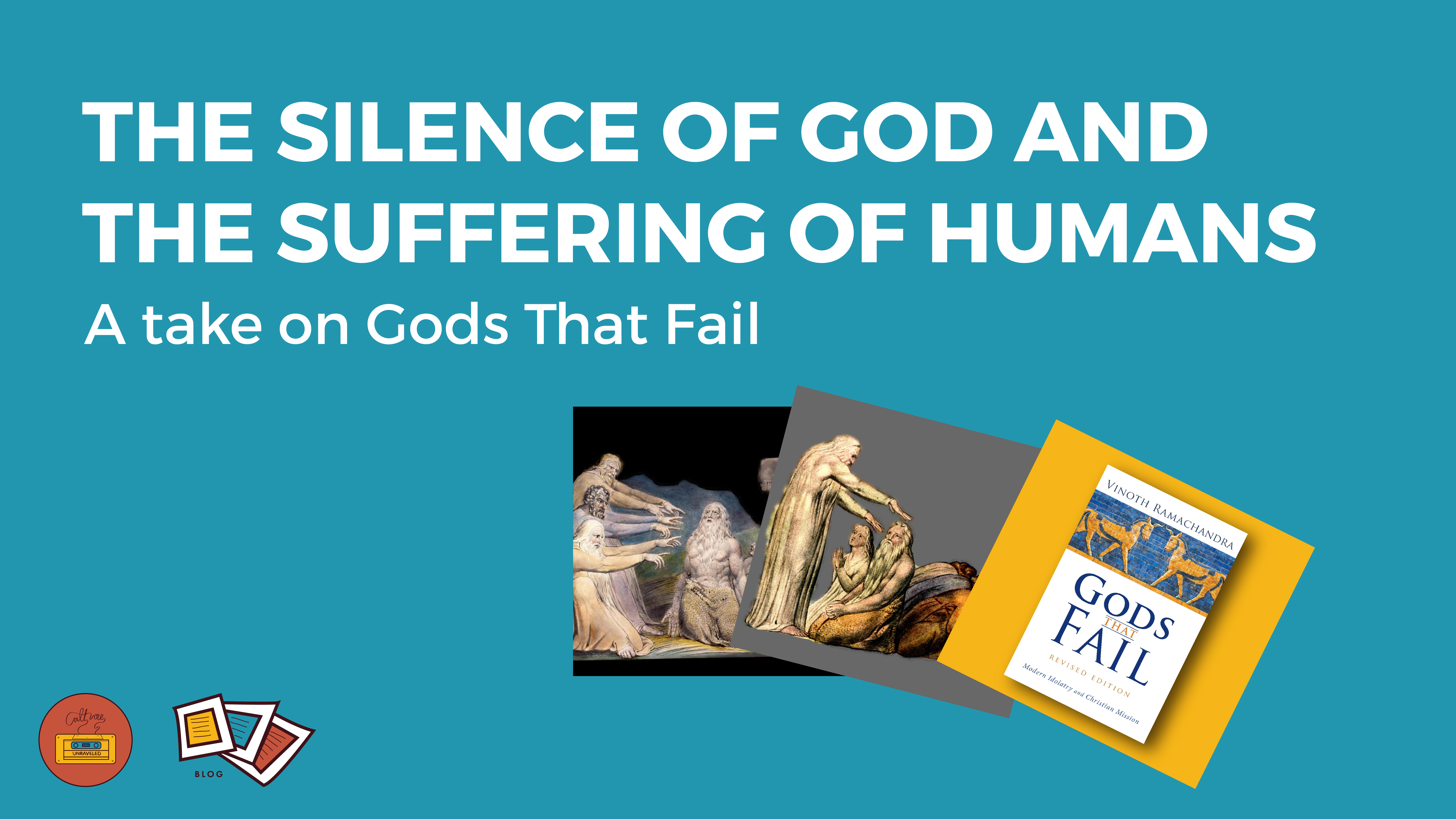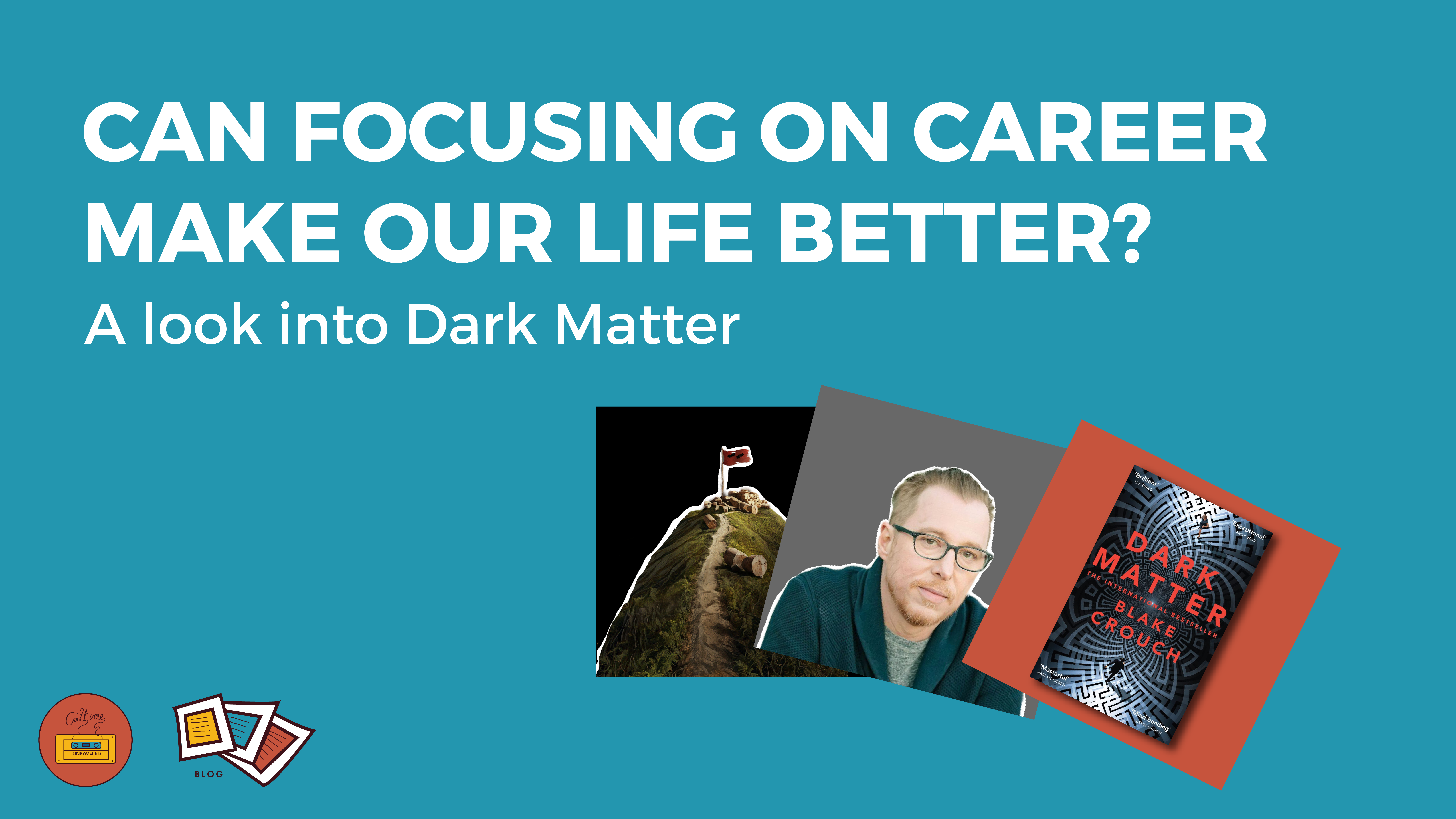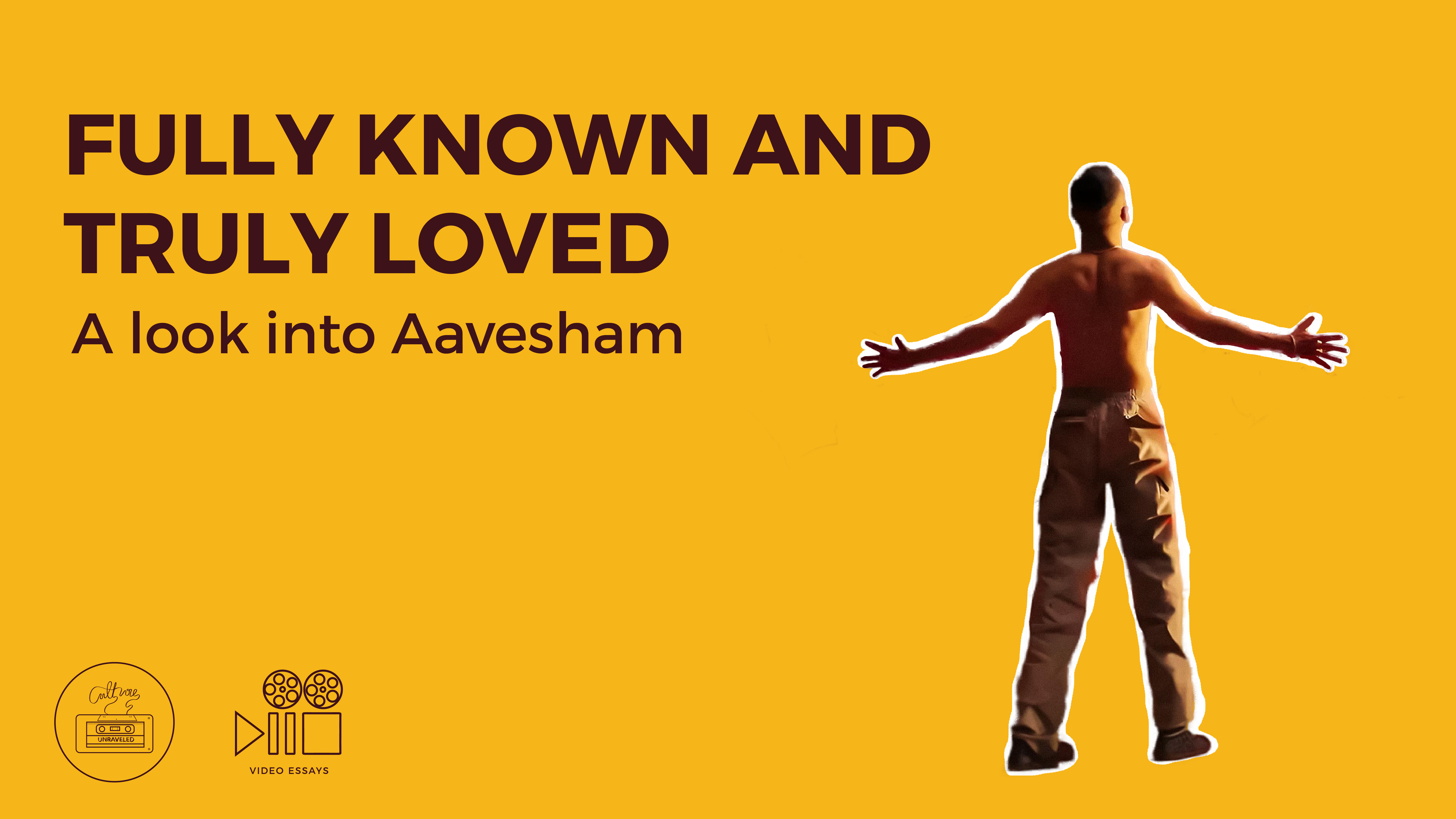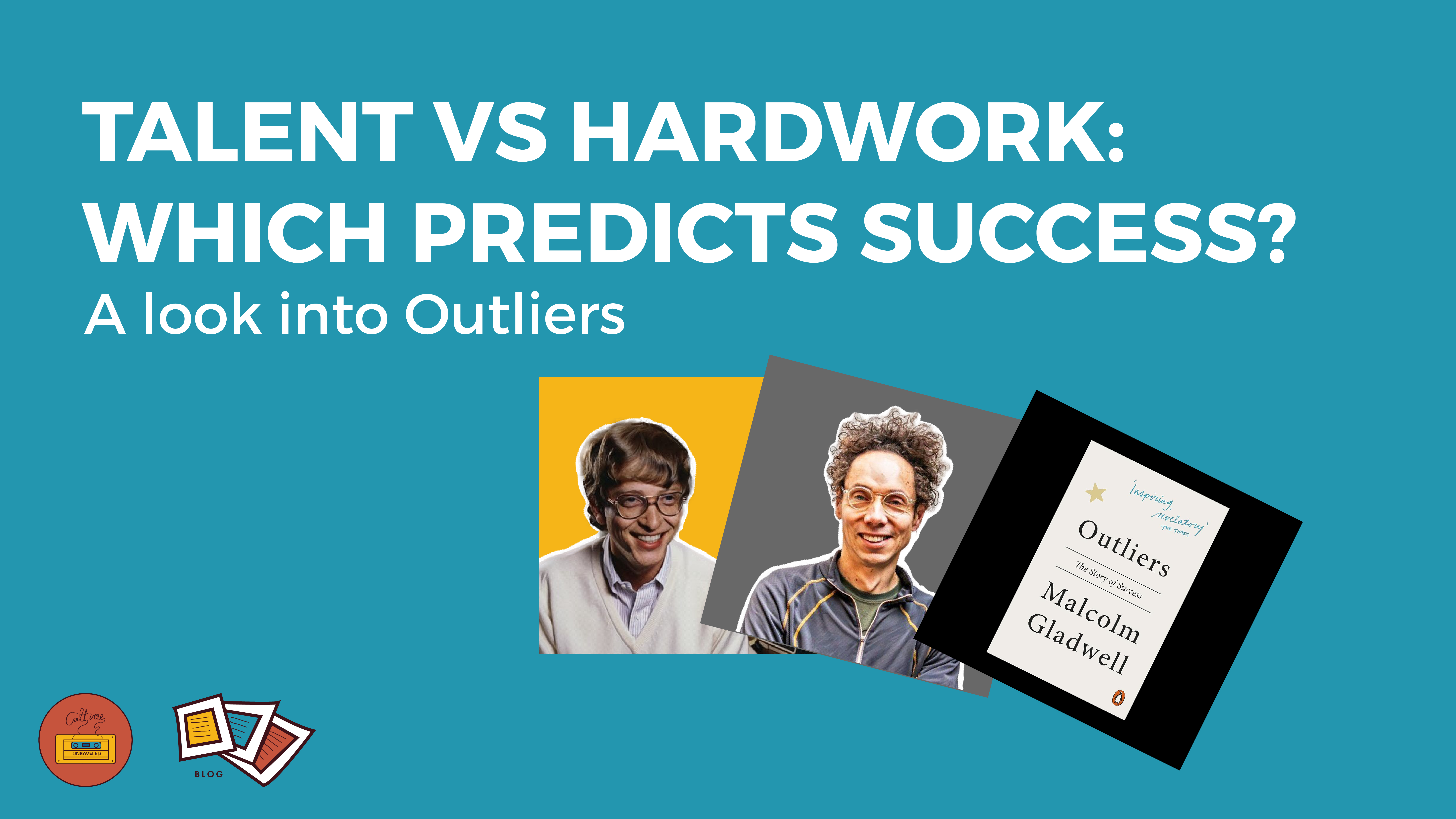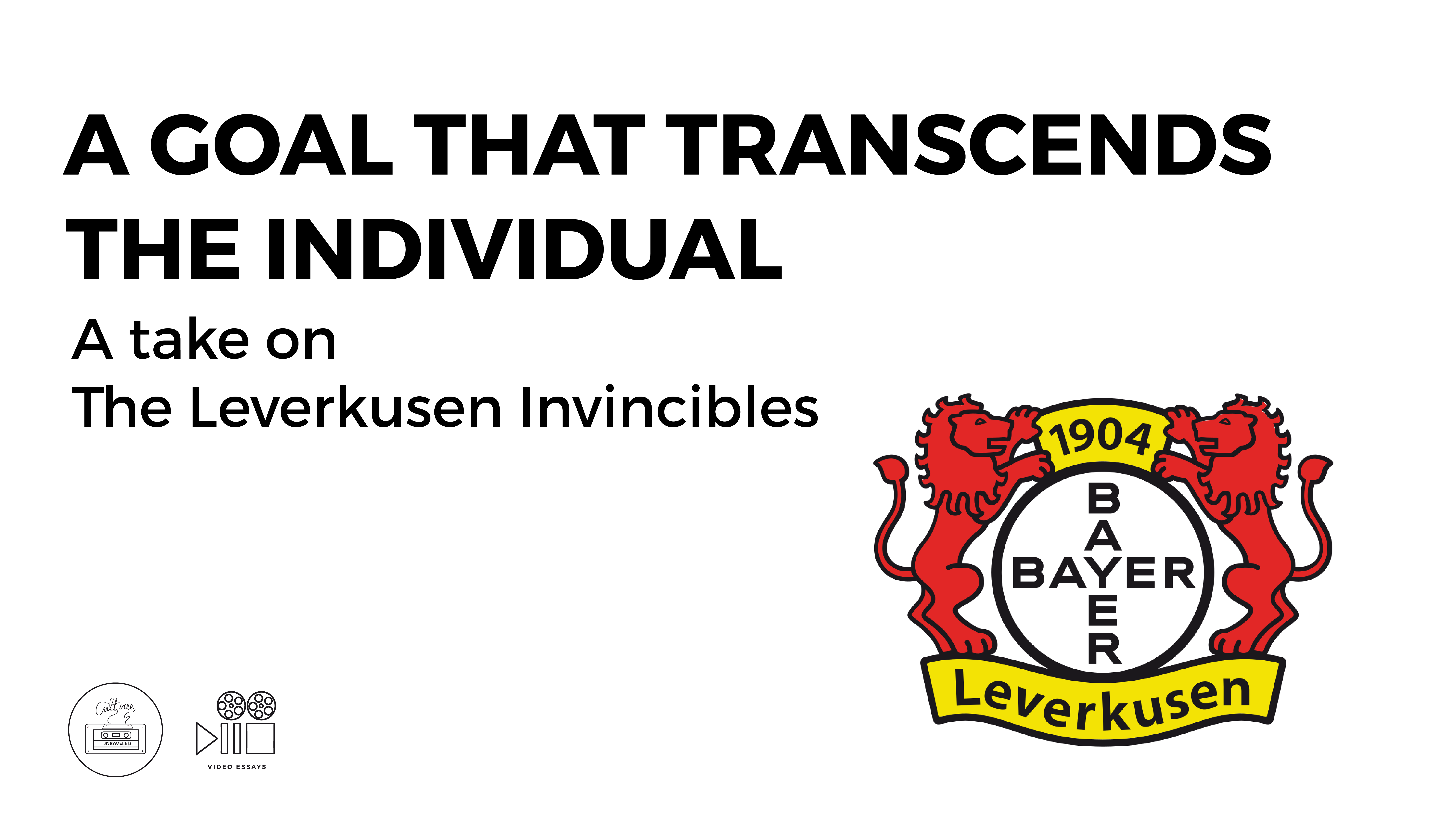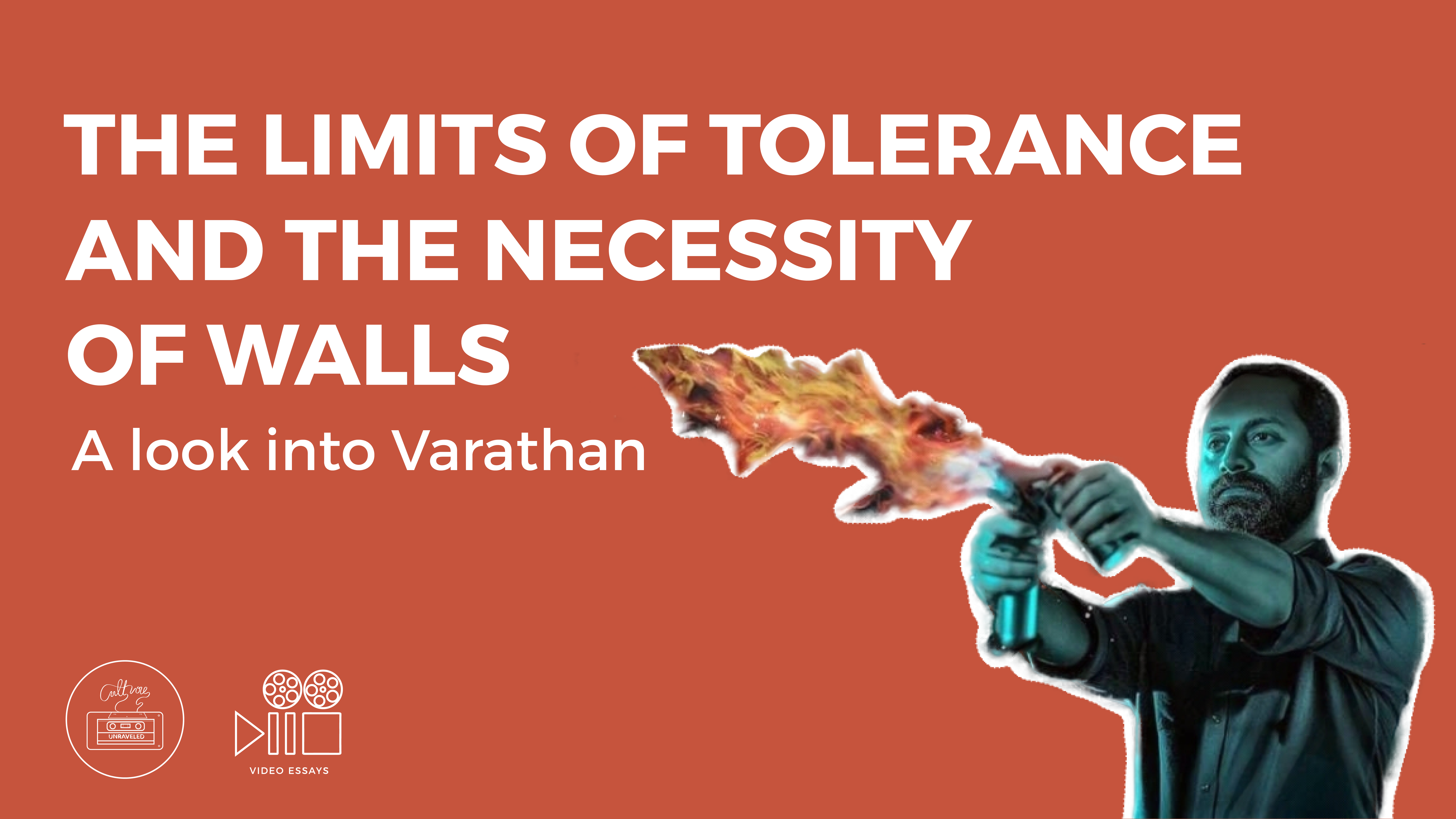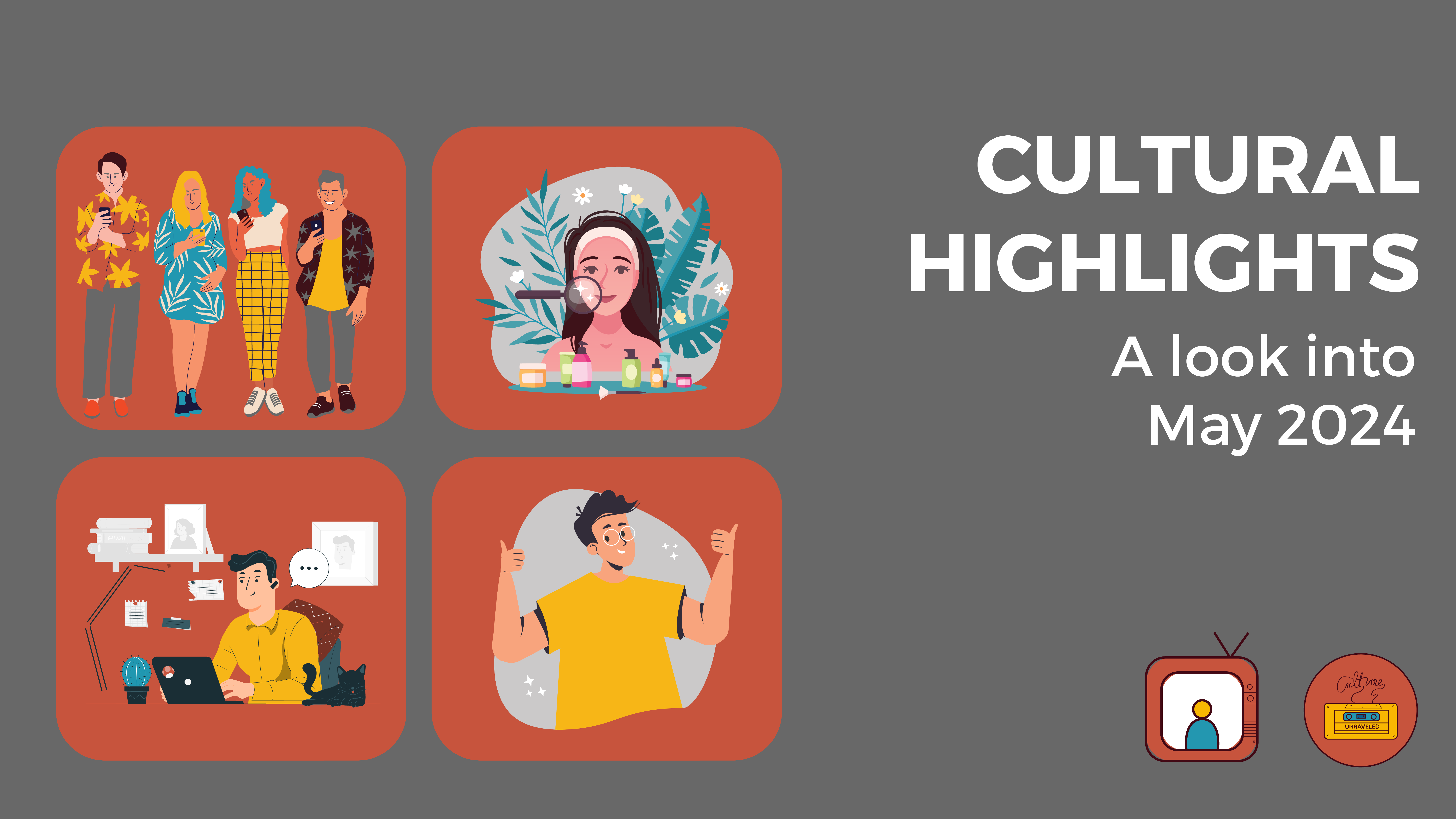
- What Can We Learn from the Gen Zs?
The Gen Z generation has been unfairly targeted as the generation that despises authority. Every generation experiences having young people rebel against older folk, and the older folk complain about the recklessness and carefree attitude of youngsters. And Gen Z is no exception to this.
Yet the kids in this generation are treated as know-it-alls, disruptive, and entitled. Their attitude primarily stems from their disillusionment with authority, especially after they have seen a global pandemic and the ineffectiveness and hypocrisy of world leaders to tackle their issues with humility and tact.
Moreover, their tech-saviness makes them incredibly invaluable as a workforce for the present and the future. This drives in them a sense of entitlement about their opinions and values, due to which they are often unfairly considered a generation that does not respect their elders. However, one thing that Gen Z’s clearly display through their attitudes is remarkable courage.
Where does their courage come from? Recent studies have shown that the Gen Z generation, besides being upfront about their beliefs and way of life, has also shown an increased interest in spirituality. This generation is asking more questions than any other generation in the past about what it means to believe in God and live a meaningful life. Their disorienting circumstances have led them to crave for identity, purpose and belongingness, and most of them are turning to God for answers.
Their dissatisfaction with leaders who do not emulate what they preach has led them to seek out people who will humbly tell them the truth. They are not afraid to ask tough questions and voice their honest opinions about their leaders. And this makes their generation one that emulates what they truly desire: courage. Their courage and longing to satisfy their spiritual quest turn our attention to how fear cripples our ability to live well and that fearing God alone gives us the courage to live wisely. So, while the Gen Z generation, like every other generation, has its shortcomings and failures, we can learn from their ability to live courageously.
2. Is Beauty an Antidote to Apathy?
John Keats, the 19th-century English Romantic poet, said that ‘a thing of beauty is a joy forever.’ His poetic expression suggests the power of beauty. As humans, we are hardwired to not only appreciate what is beautiful but also pursue it. We long for it even as we value, treasure and desire it. Such a pursuit for what is beautiful is innate to humans, as we are made to praise that which evokes in us awe and wonder. And to reiterate Keats’ words, a beautiful thing brings eternal joy. Yet, we still struggle with a sense of apathy. Culturally, we have invented ways to maintain flawless skin and youthful bodies. But it does not seem to evoke the same kind of joy or delight in us. We long to find beauty and enjoy it, but no sooner than we find some trace of it, we lose our ability to delight in it. Why so? If beauty has the capacity to bring us joy, why do most of us still struggle with feelings of apathy? Is beauty really an antidote to apathy?
There are two reasons why, as a culture, we have become increasingly obsessed with beauty but never truly satisfied. First, we have missed the true object of our pursuit. If beauty has the power to evoke our longing for the eternal, then pursuing it by neglecting God will always be disappointing. And second, we placed beauty on two extremes, neither of which will allow us to understand its true nature. We either obsess over outward or external beauty or mistakenly believe that it can be found within ourselves. On the one hand, our obsession over external beauty is seen in our striving to perfect our appearance, and on the other, our pursuit of it within ourselves is evident in how we strive to perfect our character. And succumbing to both extremes is an outworking of neglecting God in our pursuit of what is truly beautiful.
The consequences of giving into these mistakes can cause us to become apathetic. When we no longer consider God to be the true object of our praise and gratitude, we have no one to adore. When we worship the things that are meant to be enjoyed, like nature or art, we can become bored with the very things whose beauty makes us stand in awe. But when we worship God for the beauty he endows on created things, we stand in awe of the One who is beautiful beyond comparison and who truly deserves our praise. The result is our joy and delight. Even more so, when we stand in awe of the beauty of God’s character, our joy is complete, and apathy cannot have a place in our lives. It is neither in our outward appearances nor in our inward character, as beautiful as they might be, that we find true joy. Only God is the final source of our joy and the true object of our praise, as He alone is the most beautiful. So, beauty is indeed an antidote to our apathy, given that such beauty is rooted in the character and power of God.
3. Work – A Gift from God?
With the advent of AI technology, there is an increasing fear that many will lose their jobs. Due to AI’s ability to effectively do most jobs and potentially outperform people in many ways, there is a threat to job security for most people these days. We have seen massive layoffs by major tech companies, and the invention of artificial intelligence is one of the chief reasons for letting people go off their jobs.
While this is a concern, there is also increasing hope for better working conditions from this technology. Moreover, many people are looking forward to freedom from menial work. They hope to get more time to let AI do their routine work so that they can spend their time on more creative endeavours.
In light of both the hope that AI offers and the fear that it triggers, there is a lot of concerned discussion on how to responsibly deploy this new technology. However, in these discussions over AI’s potential to take over a major part of human work and free us from the hassles of menial labour, there is a crucial aspect missing.
Those who are advocating the benefits of AI are offering a leeway into ‘freedom from labor’ but are not educating the public enough about the gift of work. Simply put, discussions about how work is primarily God’s gift to us rather than something merely at our disposal are scarce.
What does it mean that work is a gift from God? It means that it is filled with value for the one who is working and for those who benefit from such work. If work has value to the worker and the community for which he is working, then work is no longer something we pursue to get some value for ourselves but something we do because it is inherently valuable. Simply put, we don’t work solely for monetary gain or to achieve our passions. We work because it is God’s gift to us, giving it inherent worth.
While AI presents a unique opportunity to reshape our relationship with work by automating many tasks, freeing us for more creative pursuits, it shouldn’t diminish the inherent value of work itself. By embracing AI as a tool to enhance our capabilities rather than replace us, we can find new ways to work that are fulfilling, contribute to society, and responsibly use the gift that God has given us.


